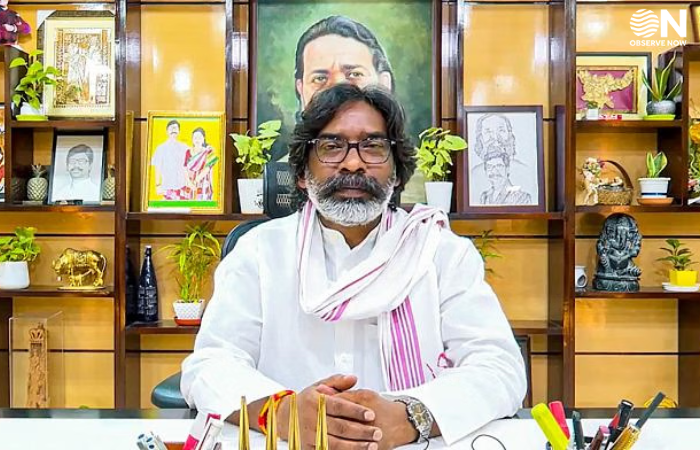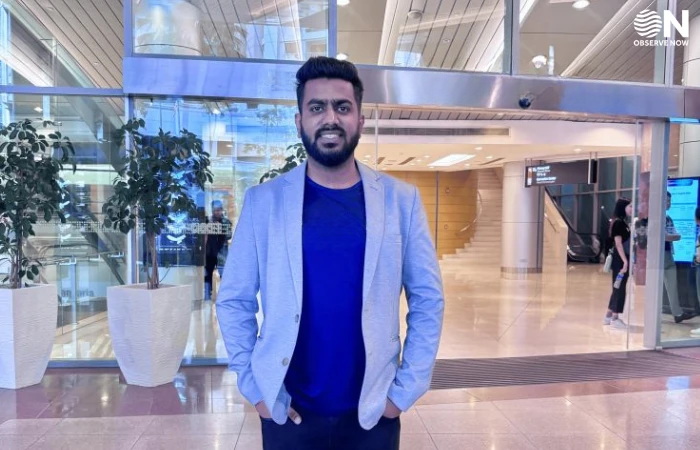Jharkhand CM Assumes Education Portfolio After Minister’s Demise

In the wake of Education Minister Ramdas Soren’s passing, Jharkhand Chief Minister Hemant Soren has assumed direct charge of the School Education and Literacy Department, placing one of the state’s most critical portfolios under his leadership. The move highlights the government’s recognition of education as a cornerstone of Jharkhand’s development, especially given its challenges with literacy, infrastructure gaps, and teacher shortages.
By personally taking control of the department, Hemant Soren signals a commitment to prioritize reforms and accelerate decision-making. Observers note that while the transition ensures stability after the sudden loss of Ramdas Soren, it also concentrates responsibility with the Chief Minister, raising questions about whether he can effectively balance this role alongside broader governance demands. Nonetheless, keeping the portfolio with him may provide stronger administrative oversight and faster action on issues such as teacher recruitment, infrastructure upgrades, and digital education initiatives.
In recent years, Jharkhand has launched efforts like smart classrooms, e-learning platforms, and scholarship schemes for disadvantaged students. With the Chief Minister now directly in charge, expectations are high for renewed momentum and possibly increased budgetary support. Analysts believe his leadership could strengthen the integration of technology into schools, bridging urban-rural gaps exposed during the pandemic when digital learning became essential.
However, the challenges remain stark. Teacher shortages in tribal regions, poor infrastructure, high dropout rates among girls, and social pressures such as early marriage continue to hinder progress. Addressing these structural barriers will require not just policy reforms but also effective execution on the ground.
Politically, Hemant Soren’s decision carries weight. Education plays a key role in social mobility, and delivering visible improvements could strengthen his government’s credibility, particularly in rural and tribal belts. Civil society groups have welcomed the move but urged the government to adopt a participatory approach, ensuring teachers, parents, and communities have a voice in shaping reforms.
Ultimately, the Chief Minister’s dual role reflects both necessity and intent. The coming months will test whether this shift translates into meaningful outcomes for Jharkhand’s students and lasting progress for its education system.
















